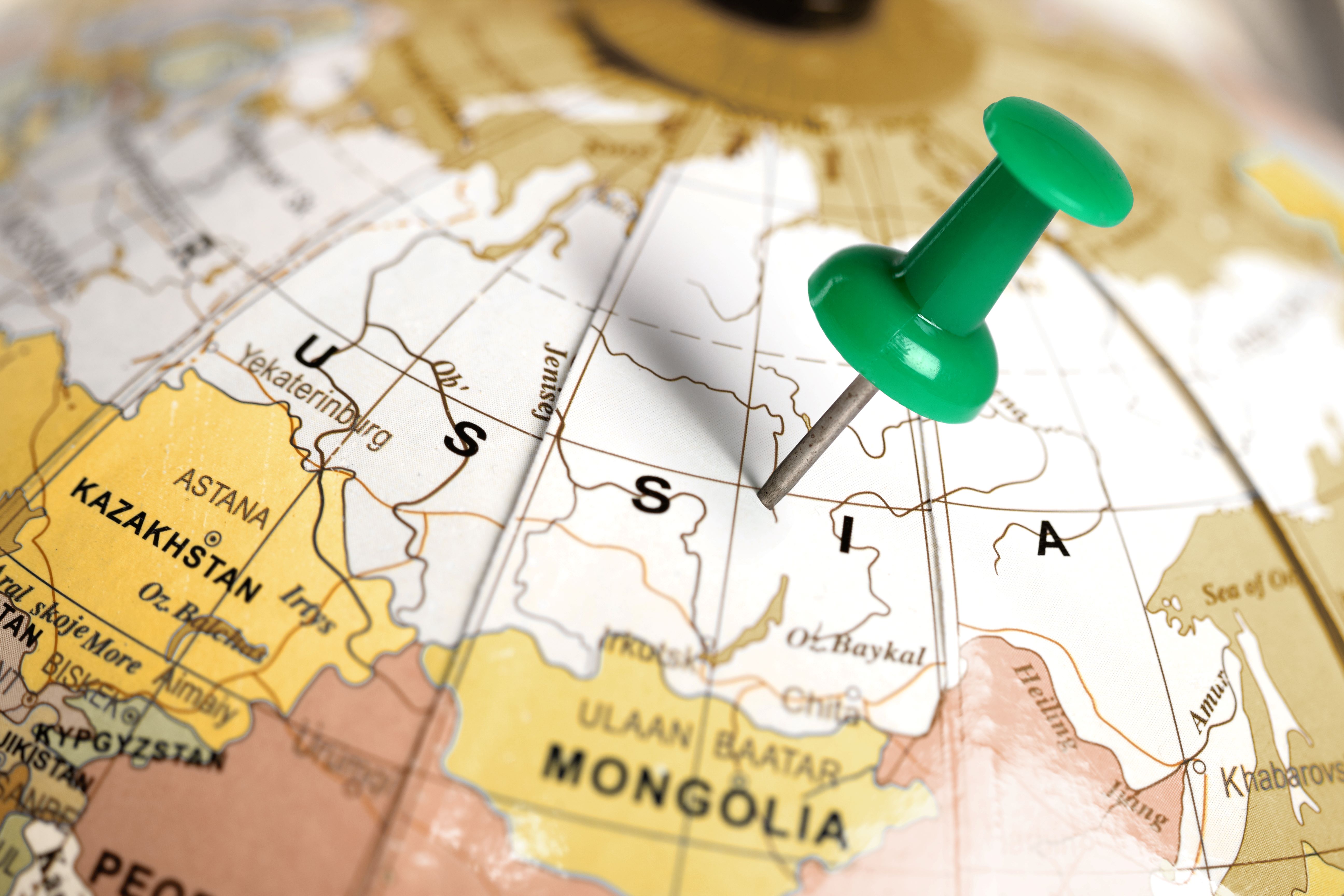
As the war in Ukraine grinds on, Russia’s economy is coping better than expected with western sanctions imposed since the invasion. Recent weeks have seen some talk about even tougher restrictions, but concern is mounting they may not be having the desired effect.
With Russia pivoting away from old trade partners, opportunities are opening for other economies. Here, we look at all the recent trade news from Russia and former Soviet republics in Central Asia.
A crude weapon
G7 sanctions on Russia’s oil exports are proving less effective than hoped, according to reporting over the weekend in the FT.
Nearly 75% of Russian crude travelled without western insurance last month in accordance with sanctions, a restriction designed to help enforce a G7 price cap on Russian oil of $60 a barrel.
An oil price rally, as well as Russia’s growing ability to move its oil independently, is allowing the country to sell crude at close to the international market rate.
The FT quotes Ben Hilgenstock, an economist at Kyiv School of Economics, as saying:
“Given these shifts in how Russia ships oil, it may be difficult to meaningfully enforce the price cap in future. That makes it even more regrettable that we did not do more to properly enforce it when we had more leverage.”
Steel blues
Sanctions banning the import of Russian metals to the UK and EU come into effect later this week, but Politico’s Morning Trade newsletter details disquiet among British manufacturers at the costs.
Stephen Morley, president of the Confederation of British Metalforming (CBM), says that £8bn in UK exports to the EU could come under threat from these measures, which he suggests could “make Brexit pale into insignificance”.
The damage could spill into other major industries, he argued:
“[The sanctions could] trigger catastrophic production stoppages in critical automotive and aerospace sectors… It’s an absolute nightmare, frankly.”
Diamonds are not forever
The EU could face a challenge over the shape of its next set of sanctions on Russia, as several member states seek to expand the scope of the measures, which Bloomberg reports could be introduced next month.
The G7 ban on the sale of Russian diamonds is among the restrictions the EU is seeking to include in the proposal, but several EU nations are said to be calling for a more stringent package.
Those nations, including Poland and several Baltic states, are apparently calling for further sanctions on the sale of Russian gas as well as IT services.
Rubber banned?
Poland is also reported by Bloomberg to be seeking cuts to import quotas on synthetic rubbers from Russia, while the latter may receive a bounce from news that Poland is stopping its supply of arms to Ukraine.
The decision comes as a row escalates between Poland and Ukraine over import of Ukrainian grain, which Poland’s ruling Law and Justice party says is threatening domestic suppliers.
At the same time Poland is arguing that the bloc needs to go further to “de-Russify” its energy sector in the new sanction package, as per Politico.
Poland’s prime minister, Mateusz Morawiecki, said last week that his party is ready to put an embargo on Russian coal “even tomorrow” but that they needed the EU Commission’s approval.
Das out-o
Volkswagen is among several companies that have been withdrawing from Russia in recent months, as western firms continue to leave the market.
The carmaker sold its assets in Russia, including a factory based in the city of Kaluga, to Russian government-backed group Art-Finance in May.
Reuters notes a laundry list of other exit-bound enterprises, among them Heineken, which sold its business in Russia late last month for the bargain rate of €1 to Arnest Group.
Corridors of power
But not everyone is showing the same hostility towards Russian trade. Reuters also reported last week on a meeting between Russia’s minister for development of the Far East and the Arctic, Aleksey Chekunkov, and India’s shipping minister, Sarbananda Sonowal.
The meeting was about pursuing a new shipping corridor connecting Vladivostock and Chennai, and training Indian seafarers at the Russian Maritime Training Institute.
Sonawal said of the meeting:
“We remain committed to maintaining strong ties (with Russia) and fostering strategic cooperation across various sectors.”
Chekunkov added that Russia plans to “develop relations with Indian partners in the Far East in all areas of mutual interest".
C5 summit
The Central Asian nations of Kazakhstan, Tajikistan, Kyrgyzstan, Turkmenistan and Uzbekistan have also seen progress in accelerating the growth of trade activity.
A summit in Xi’an, China saw the former Soviet republics—dubbed the ‘C5’—talk trade and security with China as detailed by the FT.
The event saw the announcement by Chinese leader Xi Jinping of US$3.7bn in “financial support” to the countries.
There was also the announcement of a “cross-Caspian Sea” transport corridor between the states and China, intended to boost trade volumes with upgraded ports, while Xi said there would be an increase in oil and gas exchange with the C5.
Sunflower power
Kazakhstan, the largest of the five nations, has seen its highest ever trade turnover in the first half of 2023, hitting a total of $39.4bn according to the prime minister’s press service and relayed in the Astana Times.
Non-commodity exports accounted for $12.1bn, with growth in sunflower oil exports proving particularly strong at 33.4%.
Kazakhstan also achieved a growth in the number of markets into which it exports, from 114 to 125 countries.
Xi chose Kazakhstan as the destination of his first foreign trip since the Covid-19 pandemic last week, where AP News describes the conversation between the Chinese and Kazakh leadership as focused on “energy and trade”.



